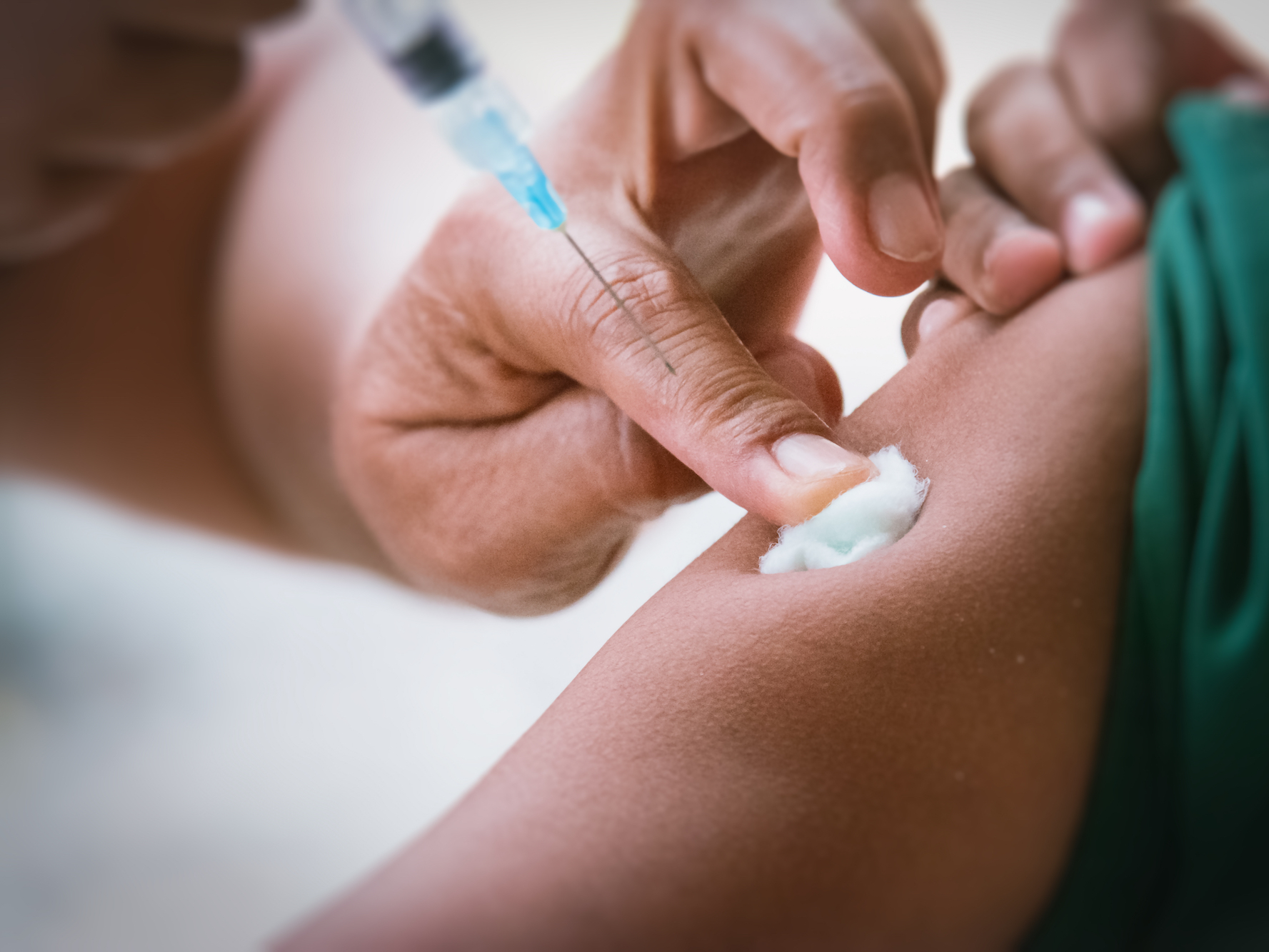- A first-of-its-kind vaccine that could prevent people from getting the common sexually transmitted infection chlamydia is about to be tested for effectiveness. It just passed a safety test.
-
If left untreated, chlamydia can lead to uterus and fallopian tube infections, infertility, pelvic inflammatory disease, chronic pain, and an increased risk of HIV.
- Antibiotics are currently used to treat chlamydia, but more and more STIs are evolving to be able to resist some antibiotics.
- The approval of a vaccine to protect against chlamydia would be groundbreaking for sexual health, since it could prevent people from getting the STI altogether.
- Visit INSIDER’s homepage for more.
A first-of-its-kind vaccine that could prevent people from getting the common sexually transmitted infection chlamydia just passed a safety test on 35 women and will now be tested for effectiveness.
According to the journal The Lancet Infectious Diseases, researchers have tested the vaccine’s safety and it’s now been approved for a human trial, which will help determine the vaccine’s effectiveness at preventing chlamydia as well as the correct dosage needed.
In recent years, STIs including chlamydia, gonorrhea, trichomoniasis, and syphilis have been on the rise. A June report from the World Health Organization even found that there are 1 million new cases of these STIs in people between the ages of 15 and 49 every day.
"These STIs have a profound impact on the health of adults and children worldwide," according to a WHO press release. "If untreated, they can lead to serious and chronic health effects that include neurological and cardiovascular disease, infertility, ectopic pregnancy, stillbirths, and increased risk of HIV."
Chlamydia is one of those STIs, and if left untreated it can lead to uterus and fallopian tube infections, pelvic inflammatory disease, infertility, chronic pain, and an increased risk of HIV in women, according to Planned Parenthood. In men, it can also raise the risk of HIV and pain, and also lead to a condition called nongonococcal urethritis, or an infection of the urethra and other infections, according to the Mayo Clinic.
In addition to the known health complications of untreated chlamydia, researchers are becoming increasingly concerned about antibiotic resistance. Antibiotics are used to treat chlamydia but more and more STIs are evolving so quickly, they're able to resist some current antibiotics. A strain of "super gonorrhea," for example, is spreading at an alarming level around the globe because of its resistance to antibiotics typically used to treat it.
The approval of a vaccine to protect against chlamydia would be groundbreaking for sexual health since it could prevent people from getting the STI altogether. Currently, vaccines are only available for the STIs HPV, hepatitis A, and hepatitis B, according to the American Sexual Health Association.
The chlamydia vaccine would include three injections
If the vaccine passes clinical trials, it would potentially work much like other injectable vaccines, with the injection going into people's upper arm. The vaccine would require three rounds of the shot. In the safety trial, participants got the vaccine at 0-, 1-, and 4-month markers. The researchers also used a nasal spray to see if it would "boost" the immune response patients had, but found it did not.
Researchers found that the injection form of the vaccine had some mild side effects like mild numbness or immobility in the area where patients were injected that lasted between two and four days. Patients didn't report any adverse reactions to the nasal spray. It's unclear if both forms of the vaccine will be tested going forward.
"The findings are encouraging as they show the vaccine is safe and produces the type of immune response that could potentially protect against chlamydia," Professor Robin Shattock from Imperial College, one of the study authors, told Metro UK.
If the upcoming trial demonstrates effectiveness, researchers and manufacturers will still have to go through a lot of steps before making it widely available to consumers. A vaccinology professor told CNN it's common for vaccines to be in development for 10 or 20 years.

